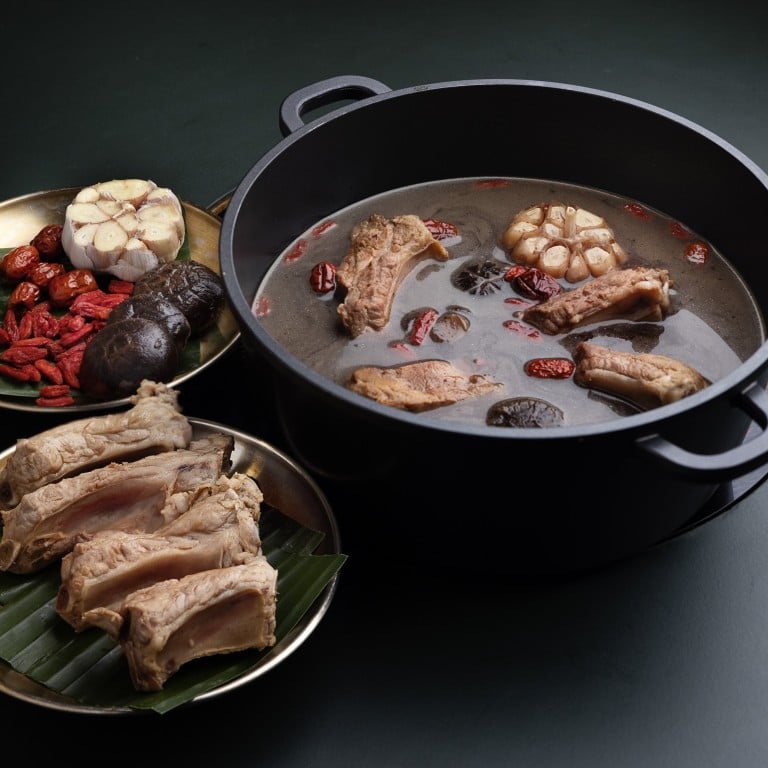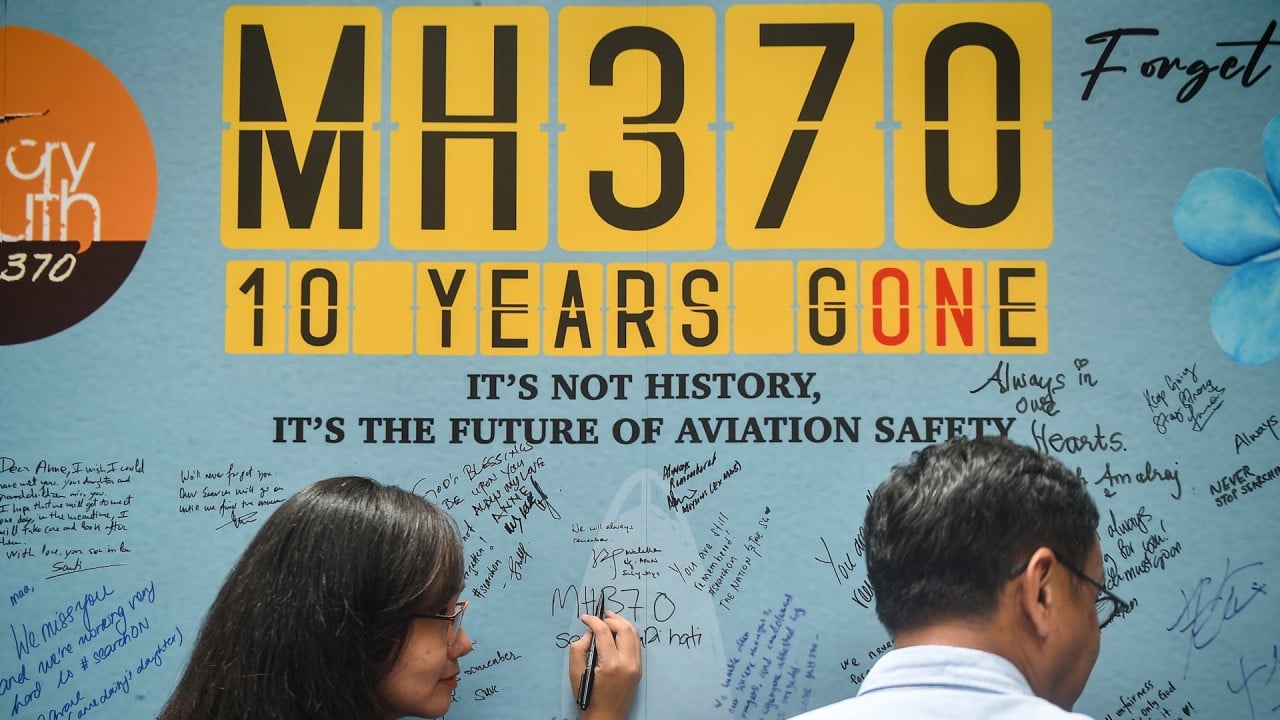
Malaysia’s outrage over cultural sensibilities is the new normal in politics
- Calls for several Chinese ‘new villages’ to get Unesco status and the designation of a herbal pork soup as a heritage dish have sparked a cultural clash
- Politicians have jumped on these issues by expressing outrage over a perceived threat to the rights of the Malay majority
There is a growing tendency among Malaysians to express outrage over things that hurt their cultural sensibilities.
If it is not about food, it is something else that gets the goat of politicians claiming to uphold the cultural purity of those who they say need protecting.
The plan, announced last month by Local Government and Housing Minister Nga Kor Ming, is to recognise the cultural significance of the Chinese “new villages”.
The backlash was almost immediate.
Malaysia opposition MP slammed for linking Chinese ‘new villages’ to communism
A petition against the plan has garnered over 32,000 signatures so far.
Last week, an MP from the Malay nationalist Perikatan Nasional opposition bloc triggered an angry response for linking the settlements to communism.
After World War II, the British colonial authorities herded hundreds of thousands of people, mostly Chinese but also Malays, into hundreds of settlements in a bid to sever support for a growing insurgency led by the Communist Party of Malaya (CPM).
Dark history of Malaysia’s Chinese villages underscores fury over Unesco bid
Various academic studies on the British plan described the settlements as internment camps – most had strict curfews in place.
The conflict between the British and the CPM caused thousands of casualties among communist insurgents and Malayan security forces. Most of those killed were from local communities, along with a few British officers.
Present-day politics has relegated the shared sufferings of the Malay and Chinese communities during the insurgency to a mere footnote.
Malay nationalists routinely tarred DAP leaders as communists who were bent on removing the special privileges of the Malays, exploiting the trauma among older voters who had first-hand experience with the conflict.
That almost singular focus on making the communists the lifelong enemy of the Malays drove a deep wedge between the country’s biggest ethnic group and the local Chinese. That unease persists today even as DAP and Umno now sit together as partners in government.
Objective analysis on whether the Unesco proposal is valid hardly matters currently as aggressive sophistry appears to have convinced many that it is a threat to Malay dominion.
Before the dust even settled on the Unesco saga, another fierce cultural debate erupted.
The government added to the maelstrom when it recently granted heritage dish status to bak kut teh, a herbal soup originally based on pork offcuts and offals but since expanded to halal options – a move that sparked backlash from Umno leaders who claimed it was insensitive towards the Malays.
These flare-ups are just symptoms of burgeoning identity politics that were sowed decades ago.
Malaysia to amend citizenship law, give equal rights to foreign-born children
Cynics would argue that Nga was simply doing what his Malay political counterparts would have done – score brownie points with his core constituents.
Is it a constructive use of time and resources? No.
But reform agendas always have to jostle with the demands of realpolitik and many tend to fall by the wayside as politicians chart their course based on ground sentiment to keep their careers on track.
Nonetheless, change is the only constant, and we have seen a dizzying amount of it in Malaysian politics over the past five years.
Will that extend to whatever reforms politicians have promised? Maybe.
Better not hold your breath.


